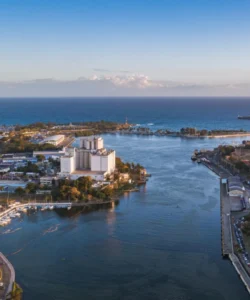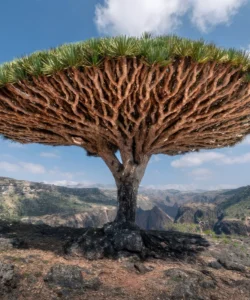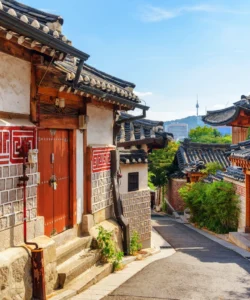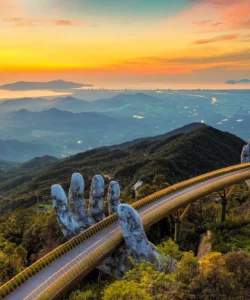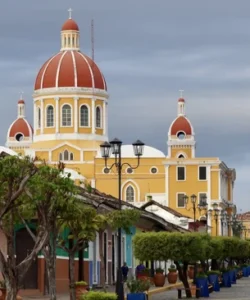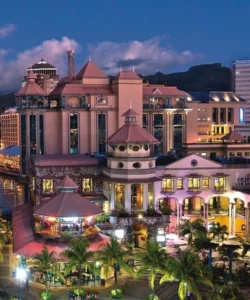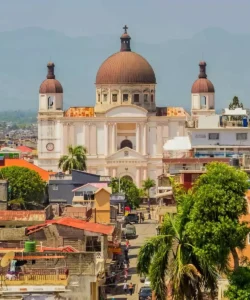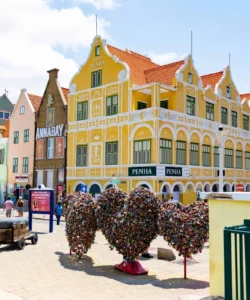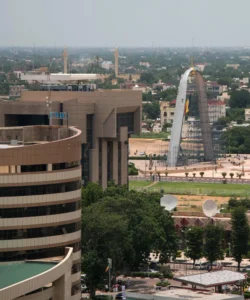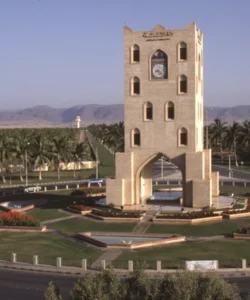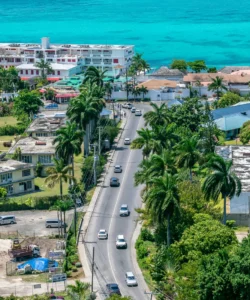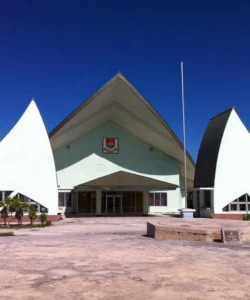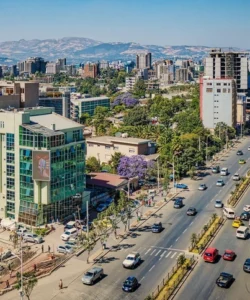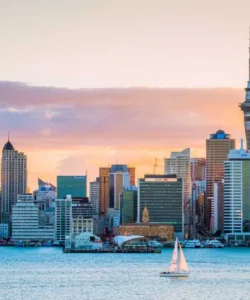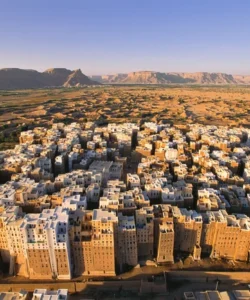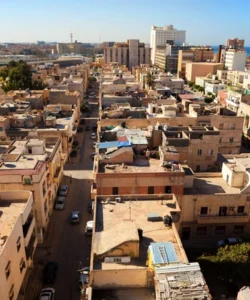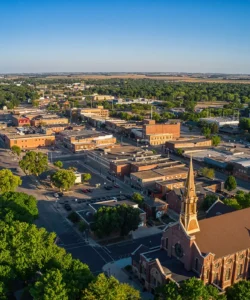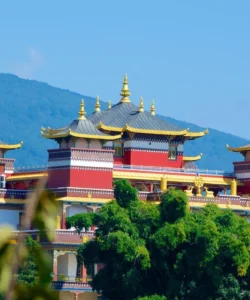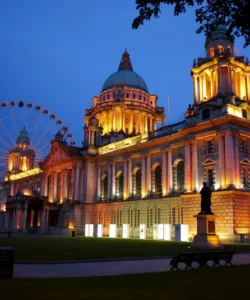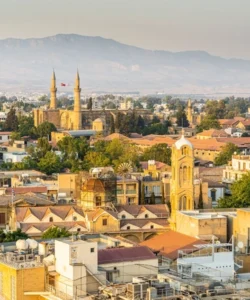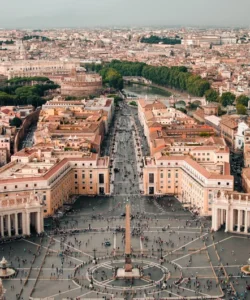Nigeria, often referred to as the “Giant of Africa,” is a country of immense diversity, rich culture, and a rapidly growing population.
![]()
Area: Nigeria covers a total area of approximately 923,770 km², making it one of the largest countries in Africa.
Population: As of 2023, Nigeria’s population was estimated at 227.9 million, making it the most populous country in Africa.
Language: The official language of Nigeria is English. However, many indigenous languages are widely spoken, including Hausa, Yoruba, Igbo, Fulfulde, Ibibio, Kanuri, and Tiv.
Currency: The official currency of Nigeria is the Naira (NGN).
Religion: Nigeria has a roughly even split between Muslims and Christians. Islam is dominant in the north, while Christianity is prevalent in the south. Various other communities, including Baha’is, Hindus, Sikhs, Buddhists, and Animists, also exist.
Capital: Abuja is the capital city of Nigeria, a testament to modern urban planning.
Major Cities: Some of Nigeria’s largest and most significant cities include:
- Lagos: The economic hub and most populous city.
- Kano: A major commercial and industrial center in the north.
- Ibadan: A strategically located city in southwestern Nigeria.
- Port Harcourt: A significant city in the oil-rich Niger Delta.
- Benin City: Known for its rich history and culture.
Attractions & Wonders: Nigeria boasts a variety of natural and cultural attractions:
- Lekki Conservation Center: A green oasis offering a break from the bustling city life of Lagos.
- Idanre Hill (Oke Idanre): A scenic and archaeologically significant site with breathtaking views.
- Gurara Waterfalls: One of Nigeria’s most famous natural sites.
- Kano Ancient City Walls: Historic defensive structures built between the 11th and 14th centuries.
- Gashaka-Gumti National Park: The largest national park in Nigeria, diverse in landscapes from mountains to savanna.
- Zuma Rock: A massive natural monolith just outside Abuja, featured on the 100 Naira bill.
- Erin Ijesha Waterfall (Owa Waterfall): Known for its seven drops.
- Ogbunike Caves: A complex of caves with tunnels and waterfalls.
- Aso Rock: A prominent monolith in Abuja, offering panoramic views.
- Yankari National Park: A wildlife reserve known for its diversity.
- Kainji Lake National Park: A bird watcher’s paradise with wetlands, forests, and a lake.
Architecture: Nigerian architecture ranges from historical structures to modern marvels:
- Kingsway Tower (Lagos): A striking 15-story building with a glass and aluminum facade.
- Federal Ministry of Defence (Ship House), Abuja: An imposing structure.
- National Theatre Lagos: An iconic cultural symbol.
- Cathedral Church of Christ (Lagos): The oldest Anglican cathedral in Nigeria, dating back to the 1940s.
- Abuja National Mosque: A prominent religious and tourist attraction.
- Ancient Kano City Walls: Historical defensive architecture.
- Eko Pearl Towers: Modern residential towers in Lagos.
Roads: Nigeria has an extensive road network, but a significant portion of it is in disrepair or unpaved. Poor maintenance and low-quality materials often lead to deterioration and can cause traffic congestion and accidents.
Hotels: Major international and local hotel chains operate in Nigeria, particularly in major cities like Lagos and Abuja. Some prominent names include:
- Sheraton
- Radisson Blu
- Mövenpick
- Marriott Hotels (including Protea Hotels by Marriott)
- Four Points by Sheraton
- Hilton (Curio Collection by Hilton)
- Park Inn by Radisson
Restaurants: Nigeria offers a diverse culinary scene, with restaurants serving both local and international cuisines. In Lagos, popular options include:
- The Orchid Bistro Express: Known for gourmet dishes and desserts.
- Shiro Lagos: Offers Pan-Asian dining.
- RSVP Restaurant: A high-end spot with a contemporary menu.
- Lagoon Restaurant: Waterfront dining with local and international dishes.
- La Taverna Lagos: Authentic Italian and Chilean cuisine.
- Hard Rock Cafe Lagos: American cuisine with a rock ‘n’ roll theme.
- Cilantro Lagos: Authentic Indian cuisine.
- Jevinik Restaurant: Popular for local Nigerian foods.
Cuisine: Nigerian cuisine is rich and diverse, with a variety of traditional dishes and delicacies. Some popular staples and dishes include:
- Fufu, Tuwo, Akpu, Eba, Pounded Yam: Common swallows made from various starchy ingredients, typically eaten with soups.
- Soups (OfeOha, Edikaikon, Gbegeri): Flavorful stews often made with vegetables, meat, and fish.
- Suya: Spicy grilled skewered meat.
- Kilishi: Dried, spiced meat similar to jerky.
- Nkwobi: Spicy cow foot dish.
- Ukwa: African breadfruit dish.
- Ugba: Fermented oil bean seed dish.
- Fura de nunu: A traditional drink made from millet and fermented cow’s milk.


